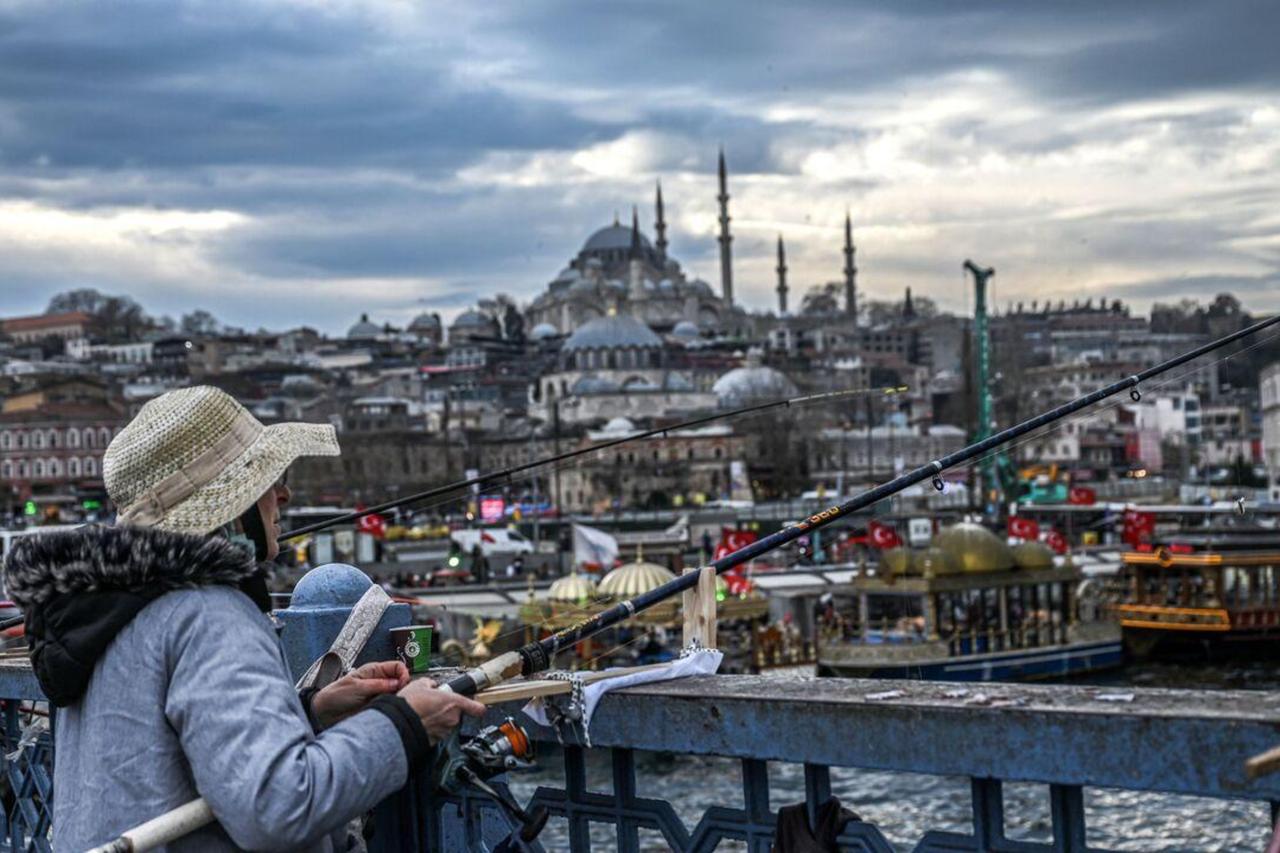
The early days of life in Türkiye often feel unfamiliar to many expats and visitors.
Every day interactions unfold differently, expectations around personal space shift, and social rituals carry meanings that are not immediately visible. Over time, however, small moments begin to accumulate.
A neighbor brings a plate of food without asking. A shopkeeper starts using affectionate terms while handing over change. Invitations are extended, not casually, but insistently. What once felt foreign becomes quietly familiar.
Social life in Türkiye rarely announces itself, but it changes the people who are part of it.
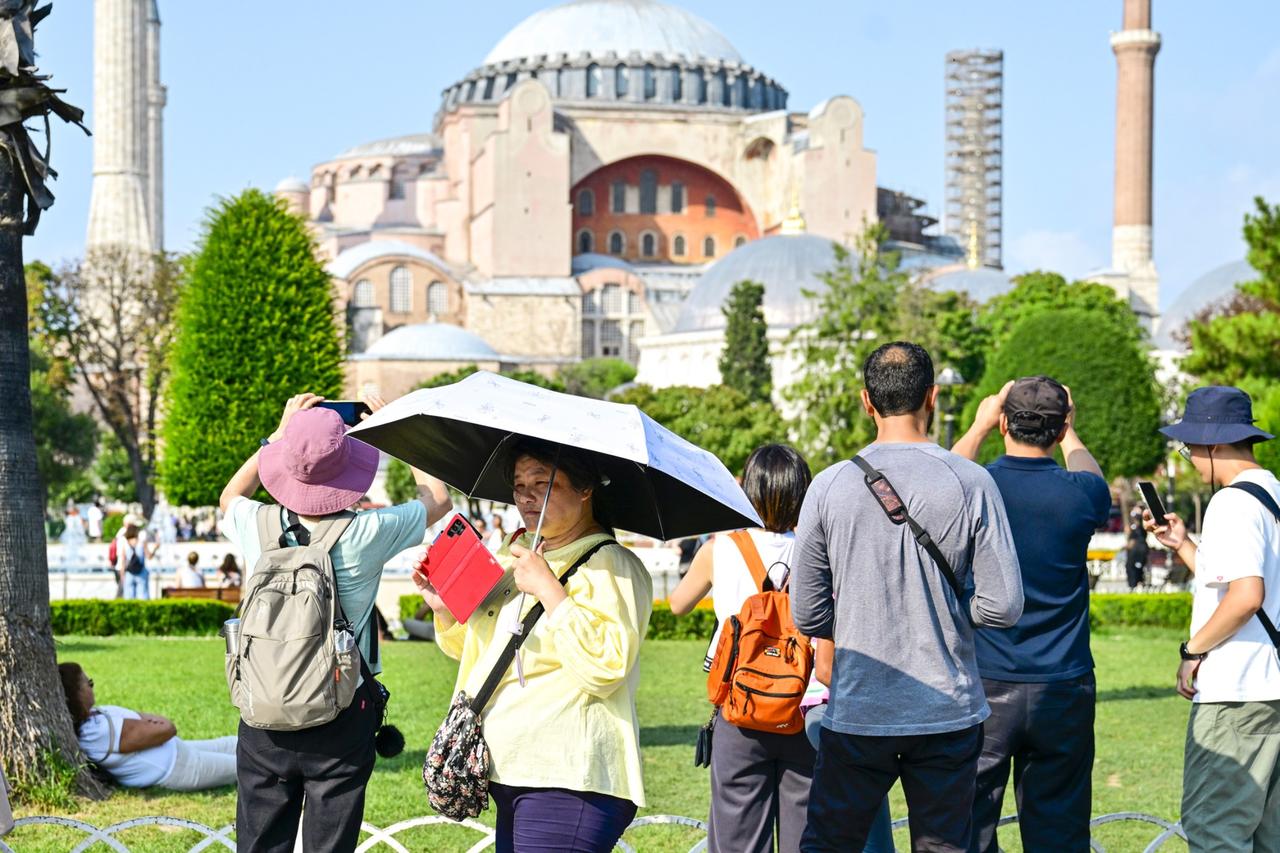
In urban Türkiye, silence is rare and solitude is rarely expected.
Public life is shaped by overlapping sounds, from the call to prayer and street vendors’ chants to apartment conversations echoing through stairwells. The social fabric is built not on isolation but on proximity.
Neighbors interact across balconies, shopkeepers greet passersby by name, and children fill courtyards and sidewalks with movement and voice.
For foreigners accustomed to quieter, more segmented environments, this atmosphere can feel intrusive.
Yet with time, the constant presence of others becomes a source of comfort. Shared space in Türkiye offers not just physical closeness but a steady reminder of belonging.
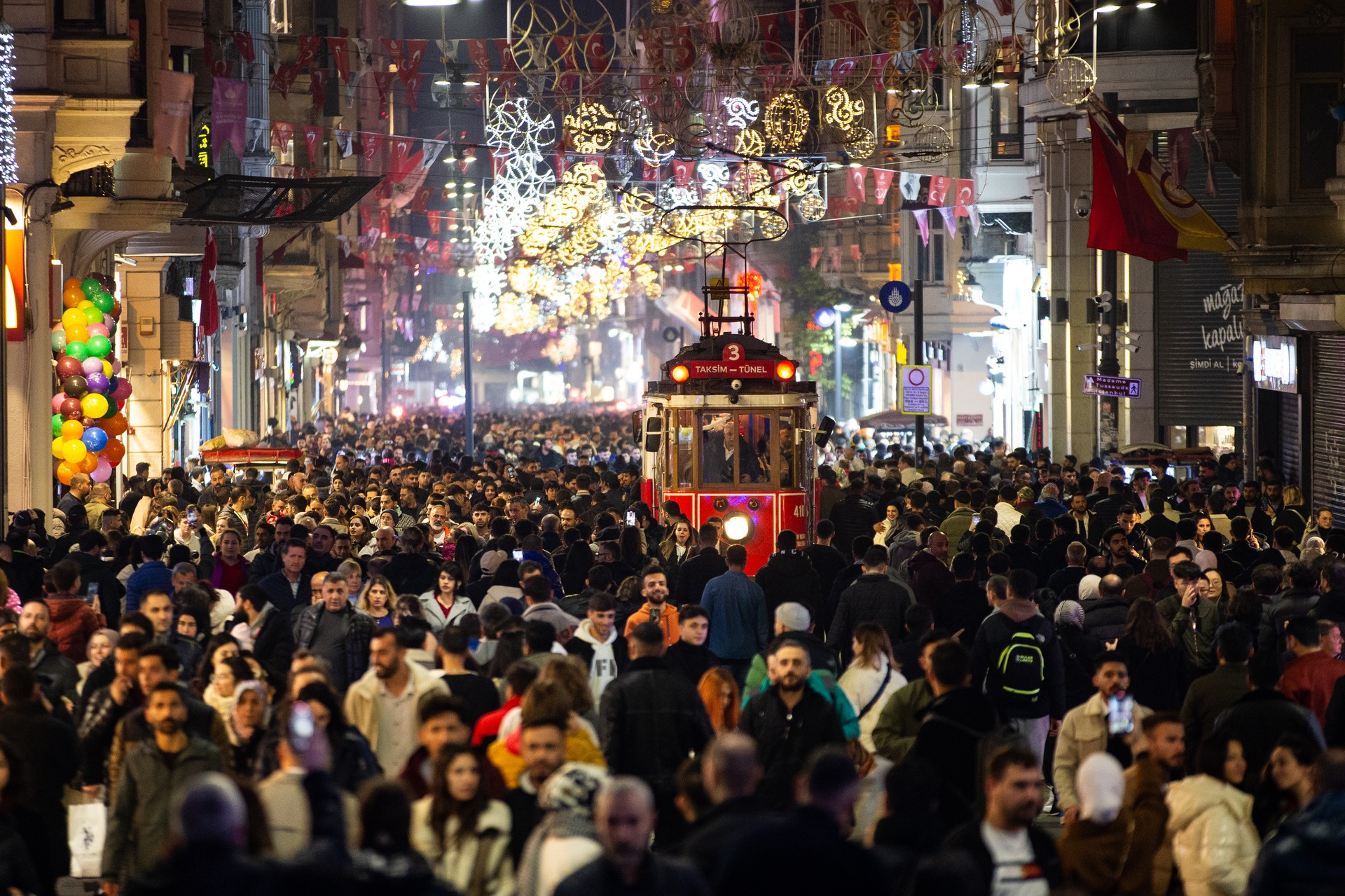
The Turkish language carries an emotional range that often surprises newcomers.
Phrases such as "canim" (my dear), "tatlim" (sweetheart), and "eline saglik" (health to your hands) are common in both public and private contexts. They are not reserved for family or romantic partners but circulate freely in shops, offices, and homes.
Foreigners may initially find this emotional tone unexpected, particularly if raised in cultures where affection is guarded or formal. Yet these phrases, repeated often and delivered sincerely, begin to shift the emotional temperature of daily life.
Over time, they become part of the social rhythm. Affection, once restrained, becomes spoken.
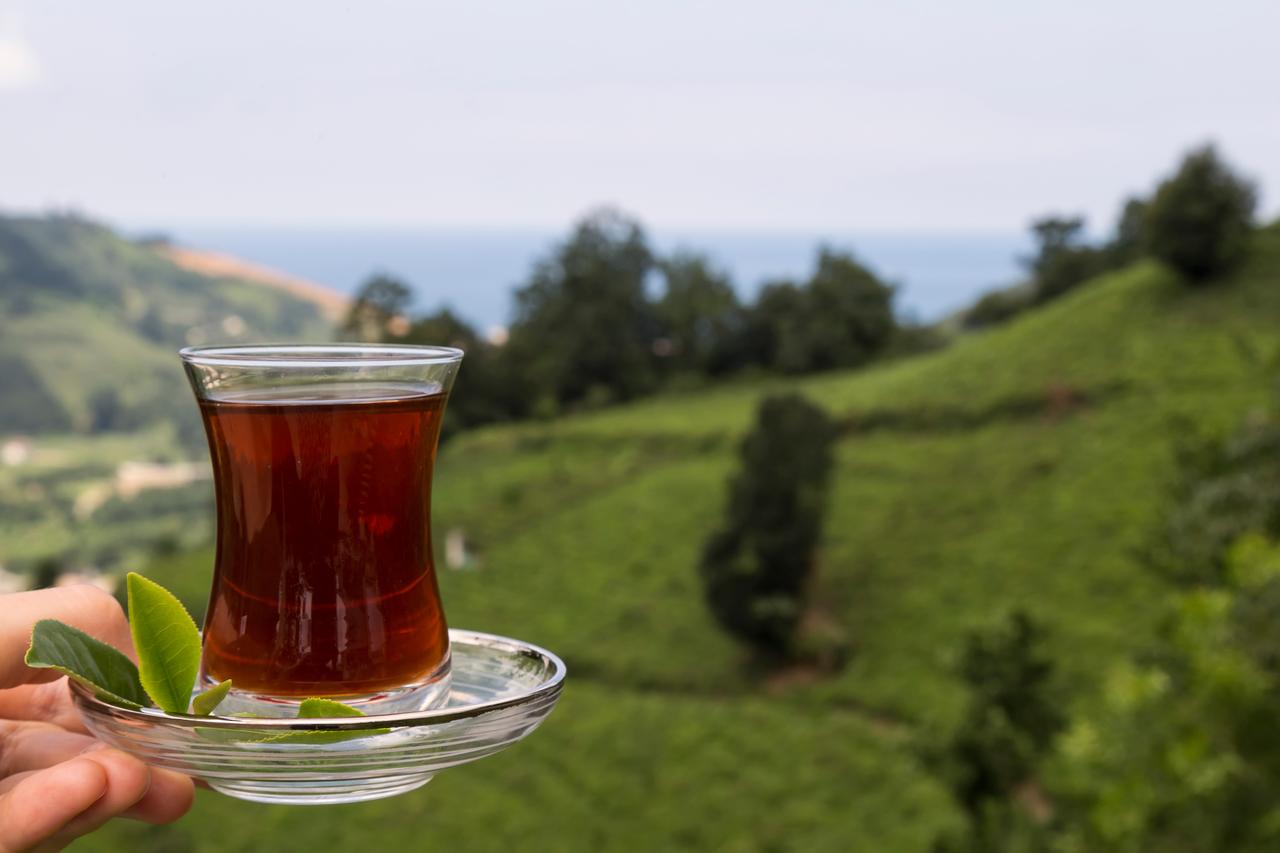
Tea in Türkiye is offered frequently and often without question.
It accompanies conversations in banks, workshops, barber shops, and homes. The tulip-shaped glass is rarely empty, and refills are poured before they are requested. Refusing tea is permitted, but rarely accepted on the first try.
What appears at first as a small gesture carries social meaning. Tea offers a shared pause, an opening for conversation, and a symbol of welcome. It flattens hierarchy, invites familiarity, and turns routine exchanges into moments of connection.
The foreigner who once declined out of politeness may eventually learn that accepting tea is a quiet way of accepting presence.
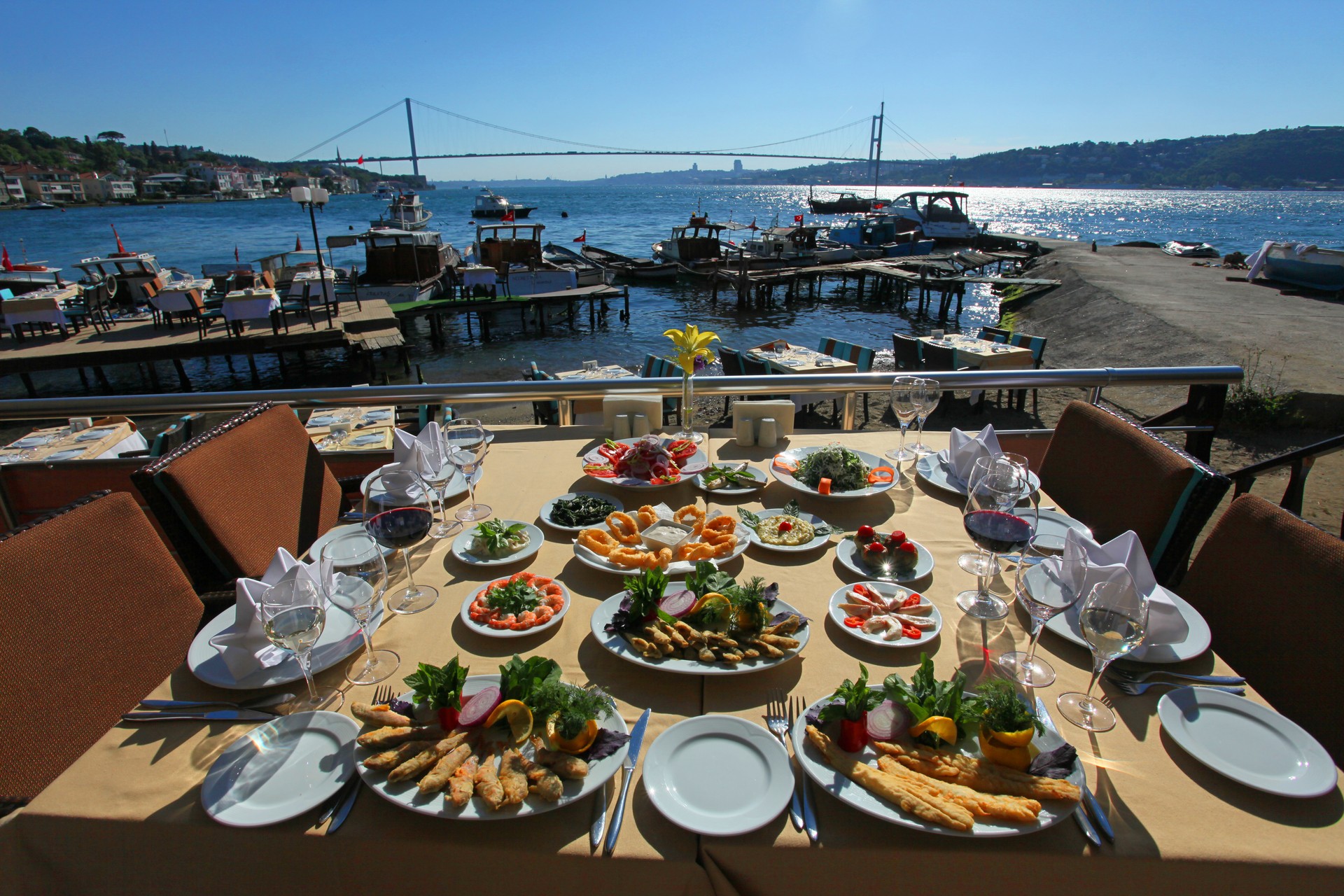
Hospitality in Türkiye is an active practice shaped by obligation, pride, and joy.
Guests are welcomed with full tables, endless refills, and repeated encouragement to eat more. Food is not only shared but offered insistently. A visitor may find themselves invited to meals, holidays, or weddings with people they barely know.
What might seem excessive to some reflects a deeply rooted social code. Hosting is not simply about generosity, but about dignity and respect. To offer comfort is to affirm a relationship.
Foreigners often describe their first experiences of Turkish hospitality as overwhelming. Later, many begin to adopt similar habits of welcome and giving.
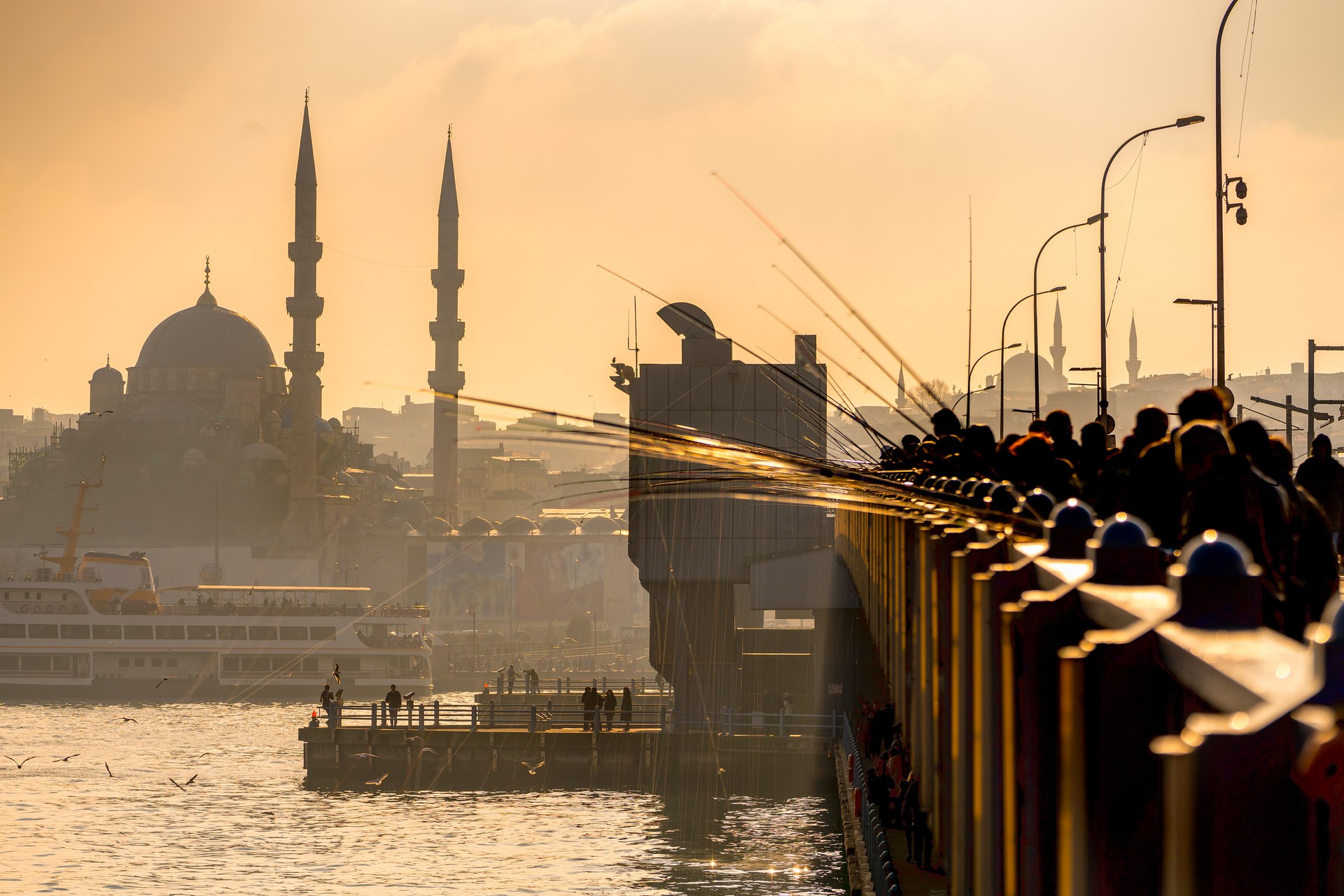
In Türkiye, personal questions are common in early interactions.
It is not unusual to be asked where one lives, whether one is married, how old one is, or what one earns. These questions, posed without hesitation, are not typically viewed as invasive but as natural parts of social orientation.
For those raised in cultures where such topics are considered private, the experience can be surprising. However, these inquiries are often grounded in a logic of care rather than control.
Knowing details about someone’s life is seen as a prerequisite for forming a meaningful connection. With time, many foreigners come to accept this openness as part of everyday social trust.
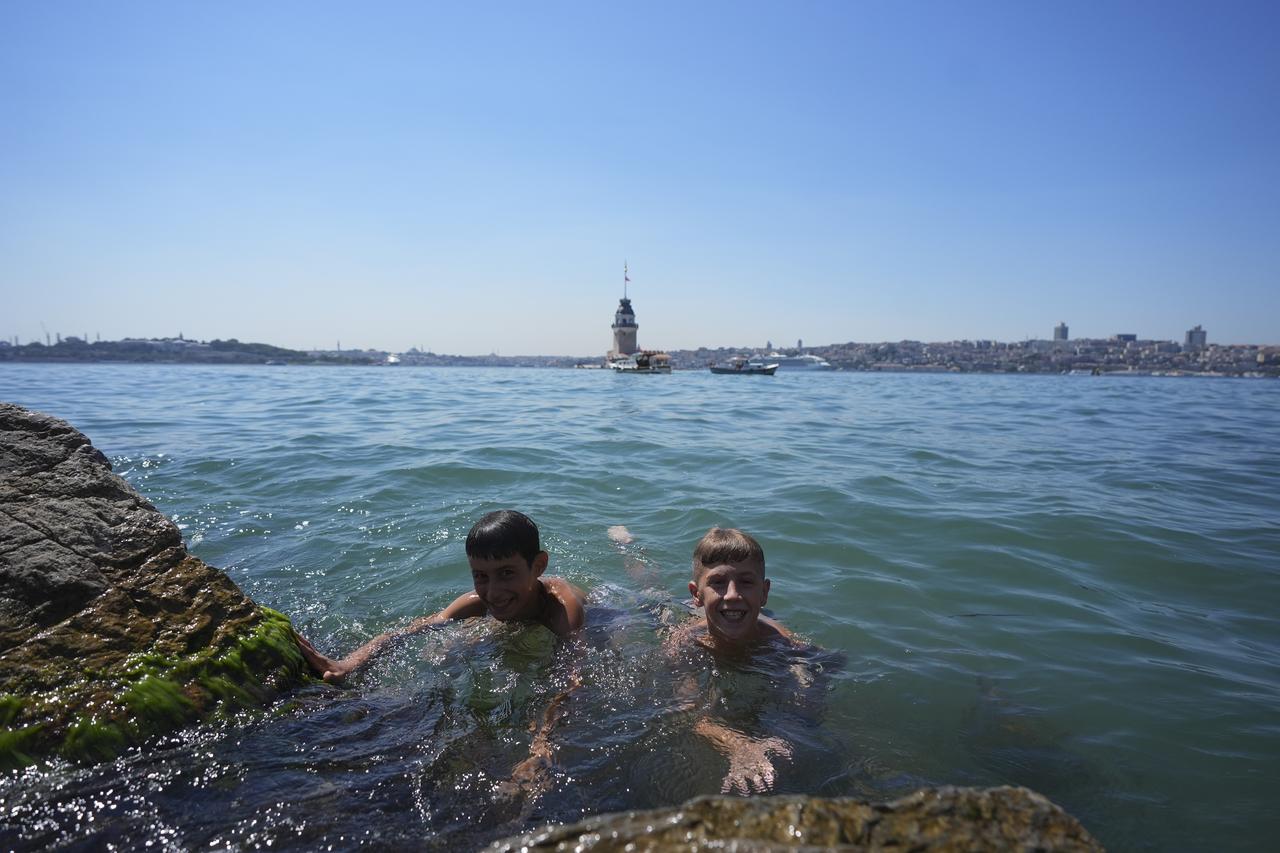
After years in Türkiye, foreigners often find that their relationship to others has shifted.
Behaviors that once felt unfamiliar become instinctive. Conversations extend without an agenda. Visits happen without an appointment. Emotion is expressed more directly, and everyday kindness becomes a social habit rather than a calculated act.
The transformation is rarely dramatic, but it is lasting. Life in Türkiye invites a more relational way of being. Social ties are not seen as optional, but as essential.
Within this context, many discover that they have become more open, more expressive, and more comfortable with mutual care.